A new partnership between the Jacobs Foundation and CIFAR supports early- & mid-career researchers advancing how children learn & develop worldwide.
🗓️ Apply by 2 February 2026 → cifarportal.smapply.io/prog/jacobs_...
A new partnership between the Jacobs Foundation and CIFAR supports early- & mid-career researchers advancing how children learn & develop worldwide.
🗓️ Apply by 2 February 2026 → cifarportal.smapply.io/prog/jacobs_...

short 🧵 (1/4)
We show that children 👶 use predictive representations (e.g. SR) to guide their choices, providing an account of how they can make flexible choices in a changing world
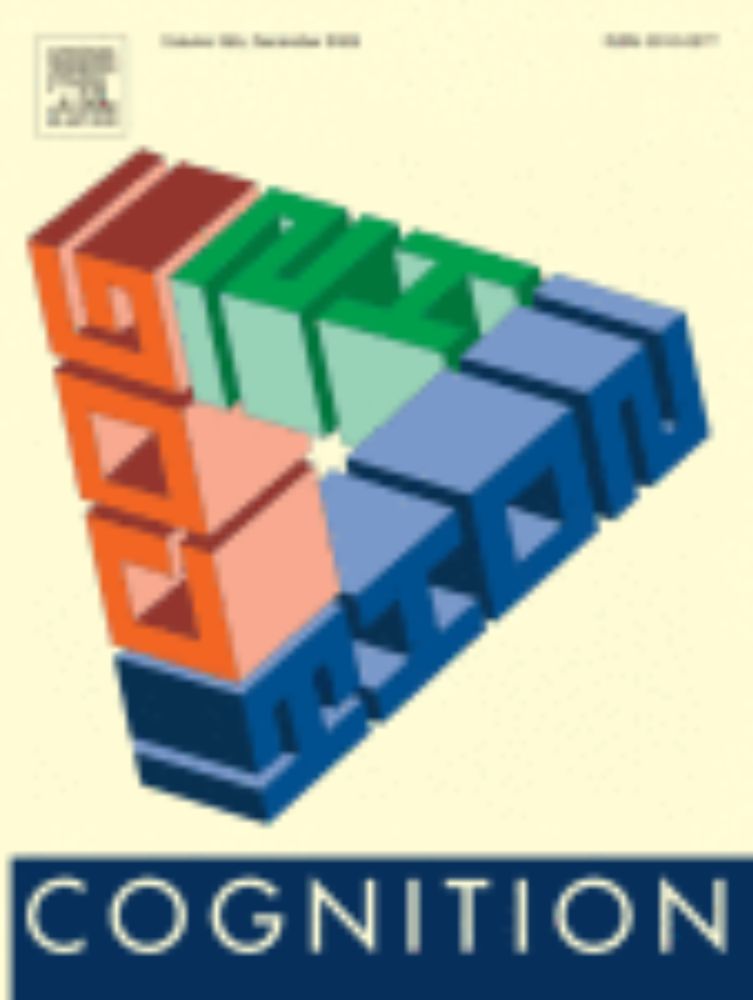
short 🧵 (1/4)
I'm also recruiting grad students to start next September - come hang out with us! Details about our lab here: www.deckerlab.com
Reposts are very welcome! 🙌 Please help spread the word!
I'm also recruiting grad students to start next September - come hang out with us! Details about our lab here: www.deckerlab.com
Reposts are very welcome! 🙌 Please help spread the word!



Join us to work at the intersection of cognitive science and AI applied to pressing societal challenges like climate change.
More info about me: rachit-dubey.github.io
My lab: ucla-cocopol.github.io
Please help repost/spread the word!

Join us to work at the intersection of cognitive science and AI applied to pressing societal challenges like climate change.
More info about me: rachit-dubey.github.io
My lab: ucla-cocopol.github.io
Please help repost/spread the word!
Please share broadly and send applicants my way! 🔄
docs.google.com/document/d/1...

Please share broadly and send applicants my way! 🔄
docs.google.com/document/d/1...
paper: "Exploration is associated with socioeconomic disparities in learning and academic achievement in adolescence." www.nature.com/articles/s41... 🧵1/7
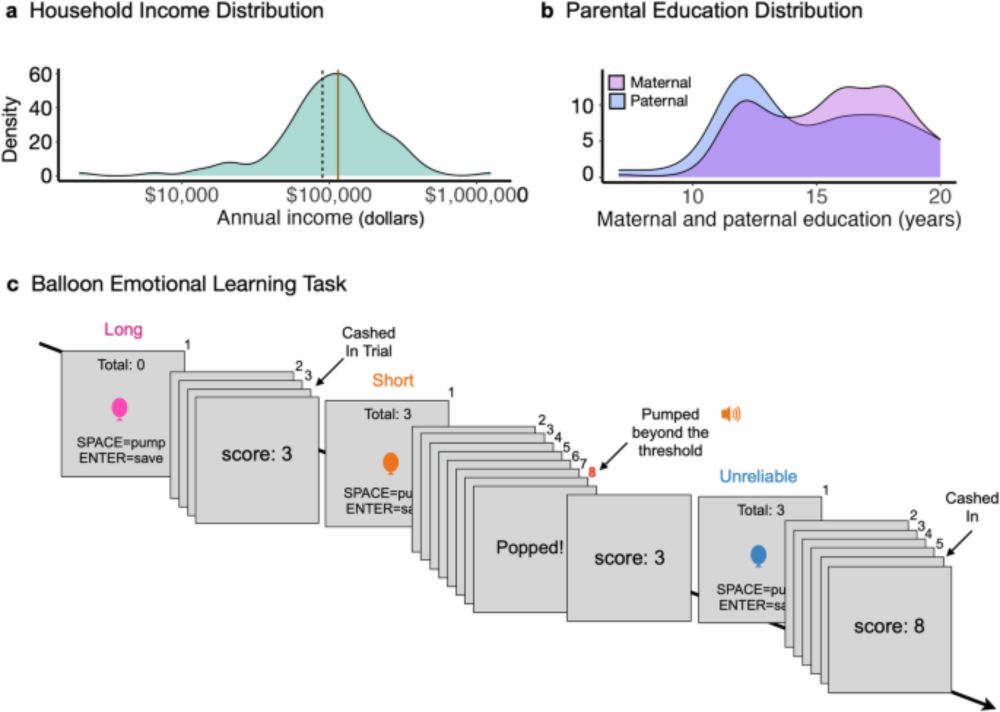
paper: "Exploration is associated with socioeconomic disparities in learning and academic achievement in adolescence." www.nature.com/articles/s41... 🧵1/7
📖 osf.io/preprints/ps...
📖 osf.io/preprints/ps...
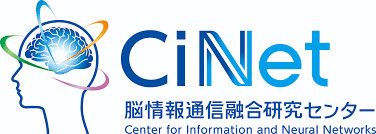
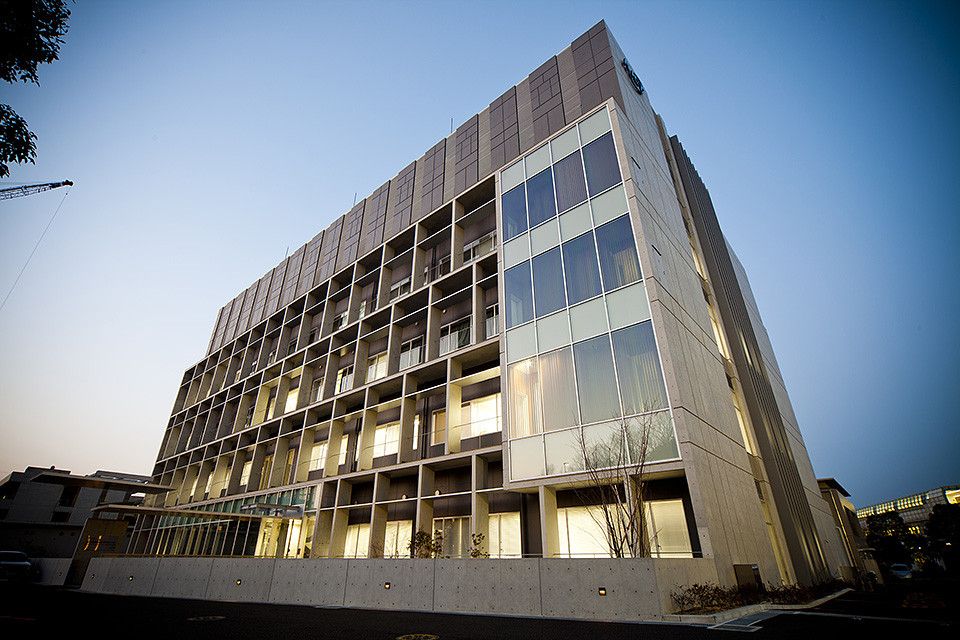
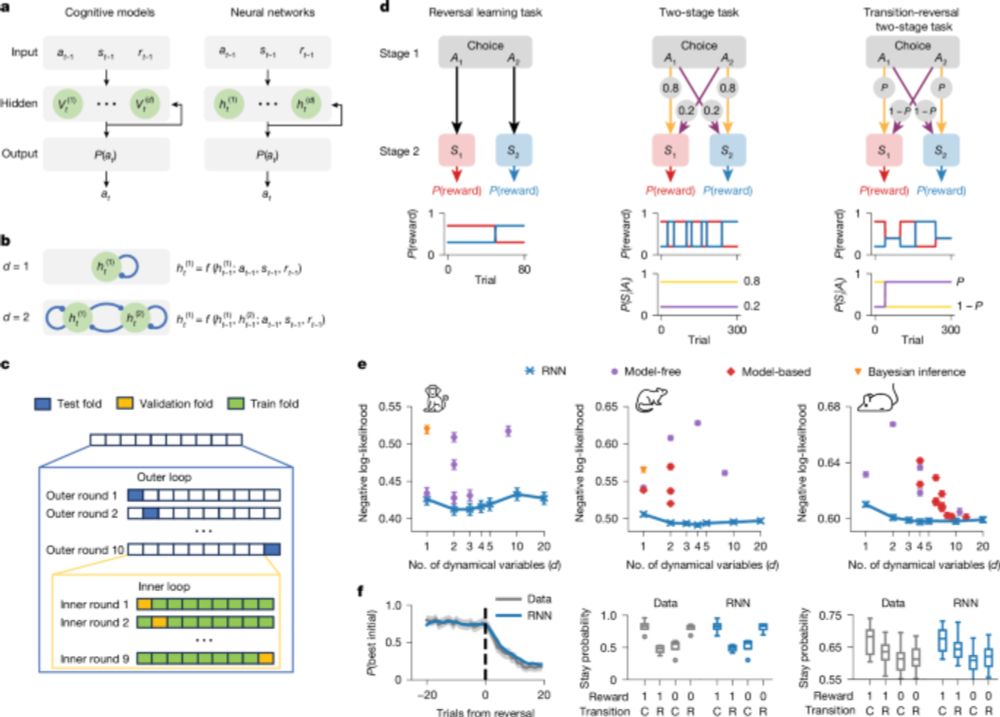
🗓️ 30th Sept-1st Oct
📍 Brown University
👥 Romy Frömer, @hayleydorfman.bsky.social, Ohad Dan, Matt Nassar, Tali Sharot & Jacqueline Gottlieb
👇 Speakers
Please submit & share!
🗓️ 30th Sept-1st Oct
📍 Brown University
👥 Romy Frömer, @hayleydorfman.bsky.social, Ohad Dan, Matt Nassar, Tali Sharot & Jacqueline Gottlieb
👇 Speakers
Please submit & share!

We show that the dopamine system responds to natural breakpoints in experience, and this relates to more stretched memories of time. Blinking also increases, signaling encoding of new memories.
www.biorxiv.org/content/10.1...
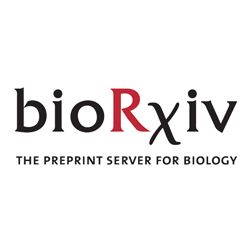
We show that the dopamine system responds to natural breakpoints in experience, and this relates to more stretched memories of time. Blinking also increases, signaling encoding of new memories.
www.biorxiv.org/content/10.1...
Thrilled to share new research on teaching!
Work supervised by
@cocoscilab.bsky.social, @yaelniv.bsky.social, and @markkho.bsky.social.
This project asks:
When do people teach by mentalizing vs with heuristics? 1/3
osf.io/preprints/os...
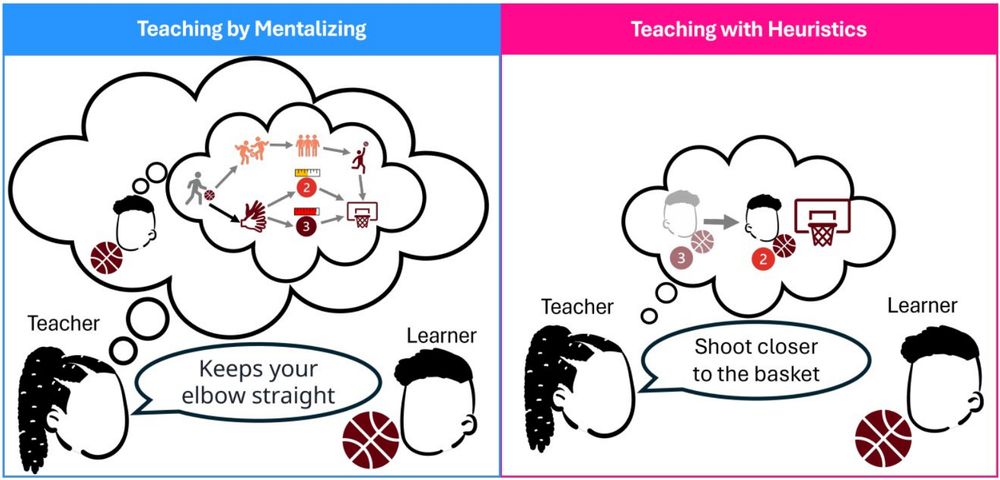
Thrilled to share new research on teaching!
Work supervised by
@cocoscilab.bsky.social, @yaelniv.bsky.social, and @markkho.bsky.social.
This project asks:
When do people teach by mentalizing vs with heuristics? 1/3
osf.io/preprints/os...
How does the reward structure of the environment influence the specificity with which children, adolescents, and adults learn and remember information?
See preprint 🧵 and paper for our efforts to answer to this!
#PsychSciSky
www.nature.com/articles/s41...
How does the reward structure of the environment influence the specificity with which children, adolescents, and adults learn and remember information?
See preprint 🧵 and paper for our efforts to answer to this!
#PsychSciSky
www.nature.com/articles/s41...
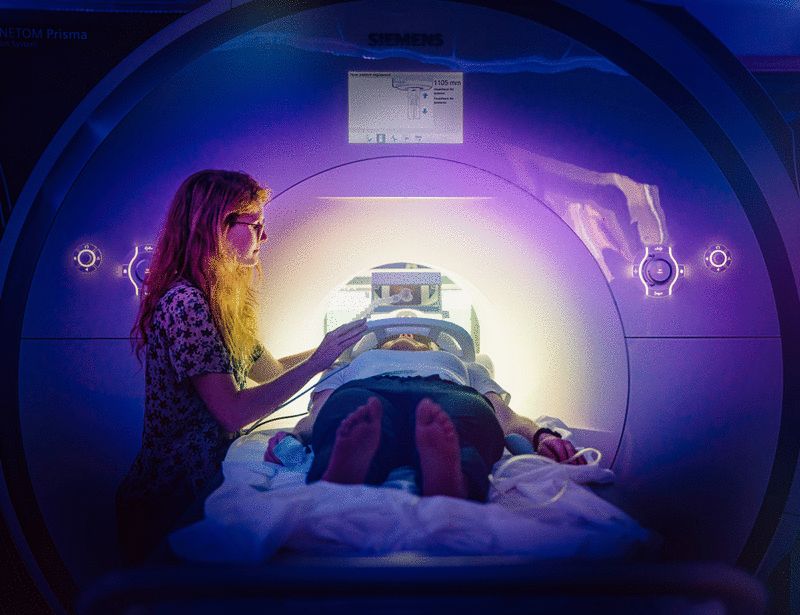
In a new preprint, @marcelomattar.bsky.social and I asked whether this property is adaptive, because what will be relevant in the future often (usually?!) isn’t apparent.

In a new preprint, @marcelomattar.bsky.social and I asked whether this property is adaptive, because what will be relevant in the future often (usually?!) isn’t apparent.
journals.sagepub.com/doi/10.1177/...
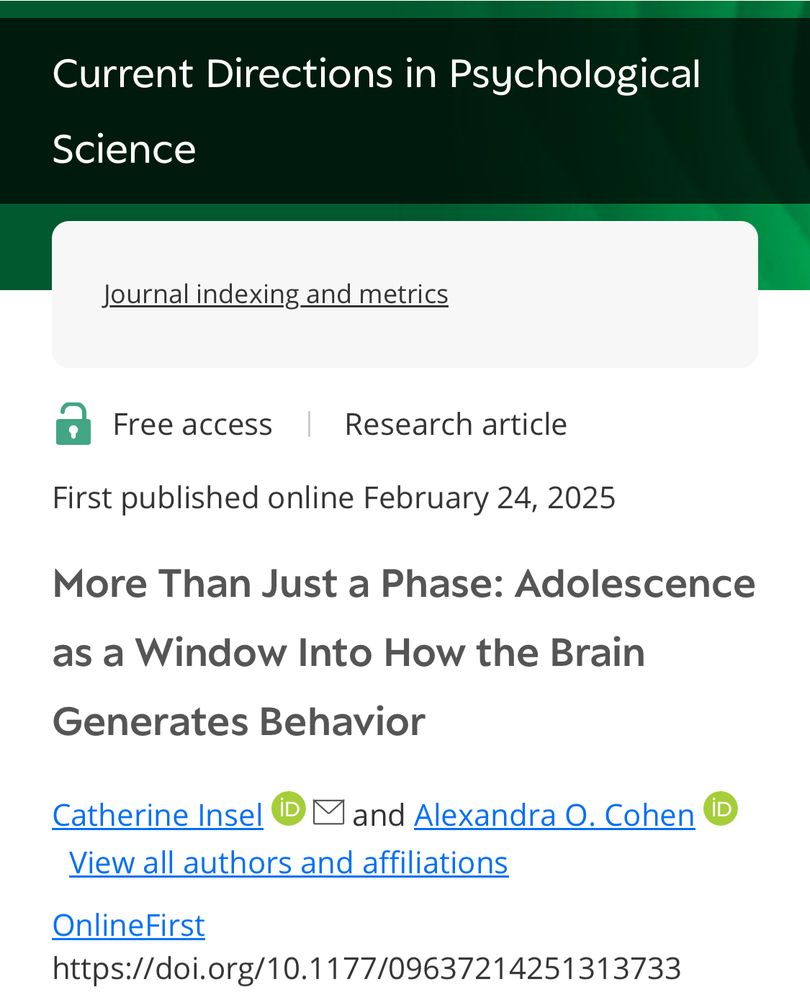
journals.sagepub.com/doi/10.1177/...
We ask: Why do children and adults often derive different representations of their environments from the same experiences? 🧠👶🔎
osf.io/preprints/ps...
We ask: Why do children and adults often derive different representations of their environments from the same experiences? 🧠👶🔎
osf.io/preprints/ps...
@aaronbornstein.bsky.social. Read here: osf.io/preprints/ps...
@aaronbornstein.bsky.social. Read here: osf.io/preprints/ps...
Abstract submissions open until 7th July
w/ Romy Frömer, Ohad Dan, @hayleydorfman.bsky.social, Matt Nassar. Please share!
Abstract submissions open until 7th July
w/ Romy Frömer, Ohad Dan, @hayleydorfman.bsky.social, Matt Nassar. Please share!
From childhood on, people can create novel, playful, and creative goals. Models have yet to capture this ability. We propose a new way to represent goals and report a model that can generate human-like goals in a playful setting... 1/N

From childhood on, people can create novel, playful, and creative goals. Models have yet to capture this ability. We propose a new way to represent goals and report a model that can generate human-like goals in a playful setting... 1/N

